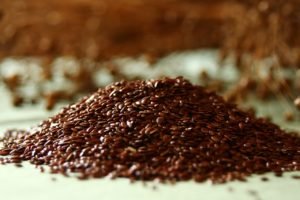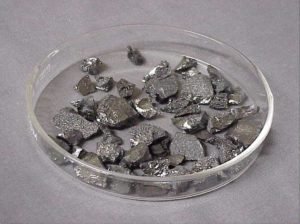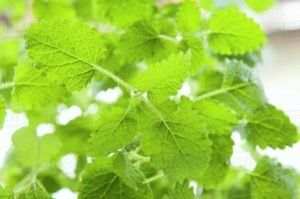According to the U.S. Center for Disease Control and Prevention, about 400 million people are infected with dengue fever every year and there are an estimated 2.5 billion people in the world that are at risk of contracting dengue. Dengue fever is most common in Southeast Asia and the western Pacific islands, but the disease has been increasing rapidly in Latin America and the Caribbean. There are no direct medical treatments available to cure dengue but it is hoped that there are some effective remedies to relieve the symptoms of dengue fever. These include the use of pink guava juice, papaya leaves juice, neem leaves, fenugreek, basil leaves, orange juice, barley grass and drink plenty of water.
What is Dengue Fever?
Dengue fever is a viral infection spread by Aedes aegypti and Aedes albopictus mosquitos. When a mosquito bites a person infected with a dengue virus, the virus enters the mosquito and the infected mosquito then bites another person, the virus enters that person’s bloodstream. The Aedes aegypti mosquito lives in urban habitats and breeds mostly in man-made containers. Unlike other mosquitoes Ae. aegypti is a day-time feeder; its peak biting periods are early in the morning and in the evening before dusk. Female Ae. aegypti bites multiple people during each feeding period. Aedes eggs can remain dry for over a year in their breeding habitat and hatch when in contact with water.
Mild dengue fever causes a high fever, rash, and muscle and joint pain. A severe form of dengue fever, also called dengue hemorrhagic fever, can cause severe bleeding, a sudden drop in blood pressure (shock) and death.
Symptoms of Dengue Fever:
In a mild case of dengue fever, many people may experience no sign or symptoms of dengue fever. Most of the time symptoms occur four to seven days later after bitten by an infected mosquito.
Dengue fever causes a high fever — 104 F degrees — and at least two of the following symptoms:
-
Headache
-
Muscle, bone and joint pain
-
Nausea
-
Vomiting
-
Pain behind the eyes
-
Swollen glands
-
Rash
Most people recover within a week or so. In some cases, symptoms worsen and can become life-threatening. Blood vessels often become damaged and leaky. And the number of bloodstream platelets are dropping. This can cause a severe form of dengue fever, called dengue hemorrhagic fever, severe dengue or dengue shock syndrome.
Signs and symptoms of dengue hemorrhagic fever or severe dengue — a life-threatening emergency — include:
-
Severe abdominal pain
-
Persistent vomiting
-
Bleeding from your gums or nose
-
Blood in your urine, stools or vomit
-
Bleeding under the skin, which might look like bruising
-
Difficult or rapid breathing
-
Cold or clammy skin (shock)
-
Fatigue
-
Irritability or restlessness
Prevention:
According to the World Health Organization (WHO), we can take the following steps to prevent dengue:
-
Preventing mosquitoes from accessing egg-laying habitats by environmental management and modification;
-
Disposing of solid waste properly and removing artificial man-made habitats;
-
Covering, emptying and cleaning of domestic water storage containers every week;
-
Applying appropriate insecticides to water storage outdoor containers;
-
Using of personal household protection measures, such as window screens, long-sleeved clothes, repellents, insecticide-treated materials, coils and vaporizers (These measures have to be observed during the day both at home and place of work since the mosquito bites during the day);
-
Improving community participation and mobilization for sustained vector control;
-
Applying insecticides as space spraying during outbreaks as one of the emergency vector-control measures;
-
Active monitoring and surveillance of vectors should be carried out to determine the effectiveness of control interventions.
Natural Home Remedies for Dengue Fever:
Here are some home remedies that can fight against dengue fever,
1.Pink Guava Juice: Pink guava juice contains a good dose of vitamin C and iron and aids in repairing cells. Consuming pink guava juice is considered beneficial for getting relieved from dengue fever. This juice is considered helpful in cell wall strengthening. (1)

2.Papaya Leaves Juice: The leaves of papaya contain a few substances that are responsible for the production of platelets. The extract of papaya leaves is useful in getting relieved from dengue fever. It helps to increase blood platelets when consuming regularly. Consuming around 20ml of raw papaya leaves juice twice a day could help increase the platelets count in dengue patients. (2)
 3.Neem Leaves: Neem leaves have amazing medicinal properties and help in getting relieved from dengue. Steeping neem leaves and then drinking the subsequent brew has been shown to increase both blood platelet count and white blood cell count, two of the most dangerous side effects of the virus. Properly brewed neem leaves can improve the immune system and return your strength much faster than many other home remedies. (3)
3.Neem Leaves: Neem leaves have amazing medicinal properties and help in getting relieved from dengue. Steeping neem leaves and then drinking the subsequent brew has been shown to increase both blood platelet count and white blood cell count, two of the most dangerous side effects of the virus. Properly brewed neem leaves can improve the immune system and return your strength much faster than many other home remedies. (3)
 4.Fenugreek: Consume a tea prepared using fenugreek seeds for getting relieved from dengue. To prepare it, add a half teaspoon of fenugreek seeds in a bowl of water and allow it to boil. Let it boil until the quantity gets reduced to half. Drink this tea around three times every day. This remedy works great in providing great relief from this illness. (4)
4.Fenugreek: Consume a tea prepared using fenugreek seeds for getting relieved from dengue. To prepare it, add a half teaspoon of fenugreek seeds in a bowl of water and allow it to boil. Let it boil until the quantity gets reduced to half. Drink this tea around three times every day. This remedy works great in providing great relief from this illness. (4)
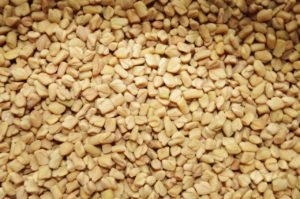 5. Basil leaves: Basil leaves also help in reducing the risks of dengue fever. The juice of basil leaves or the tea prepared by boiling tender basil leaves helps protect us from dengue fever. Basil leaves extract also help to reduce fever temperature. Basil essential oil acts as a natural mosquito repellant and hence it could be used as a protective strategy to stay away from dengue-causing mosquitoes. (5)
5. Basil leaves: Basil leaves also help in reducing the risks of dengue fever. The juice of basil leaves or the tea prepared by boiling tender basil leaves helps protect us from dengue fever. Basil leaves extract also help to reduce fever temperature. Basil essential oil acts as a natural mosquito repellant and hence it could be used as a protective strategy to stay away from dengue-causing mosquitoes. (5)
 6.Orange Juice: The rich mixture of antioxidants and vitamins found in orange juice make it ideal for treating the secondary symptoms of dengue fever and eliminating the virus. Orange juice helps to promote antibodies of the immune system, increase urination and the release of toxins, and stimulates cellular repair due to vitamin C’s crucial role in the creation of collagen. (6)
6.Orange Juice: The rich mixture of antioxidants and vitamins found in orange juice make it ideal for treating the secondary symptoms of dengue fever and eliminating the virus. Orange juice helps to promote antibodies of the immune system, increase urination and the release of toxins, and stimulates cellular repair due to vitamin C’s crucial role in the creation of collagen. (6)
 7.Barley Grass: Barley grass can reduce the complications of dengue hemorrhagic fever. It has the unique ability to significantly increase the body’s blood platelet count by stimulating the production of more blood cells. (7)
7.Barley Grass: Barley grass can reduce the complications of dengue hemorrhagic fever. It has the unique ability to significantly increase the body’s blood platelet count by stimulating the production of more blood cells. (7)
 8. Drink Plenty of Water: Dengue fever can cause severe dehydration which leads to other problems like headache and muscle cramps. Keeping the body hydrated by drinking lots of water during the day is a simple way of solving the problems. Furthermore, water will help to flush the body and eliminate excess toxins that can complicate the viral impact of the pathogen. (8)
8. Drink Plenty of Water: Dengue fever can cause severe dehydration which leads to other problems like headache and muscle cramps. Keeping the body hydrated by drinking lots of water during the day is a simple way of solving the problems. Furthermore, water will help to flush the body and eliminate excess toxins that can complicate the viral impact of the pathogen. (8)


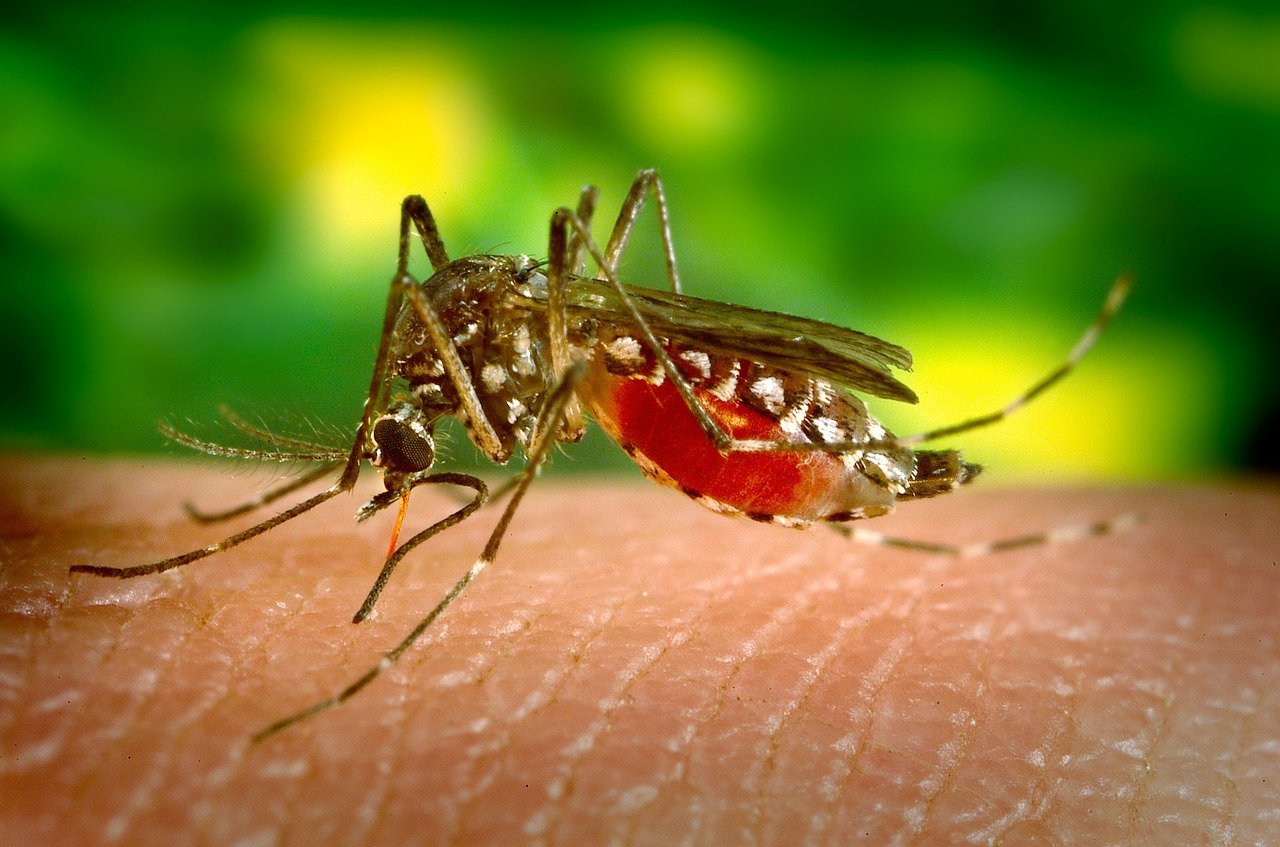



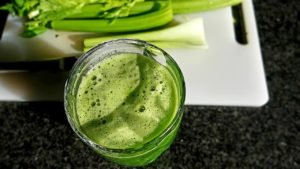


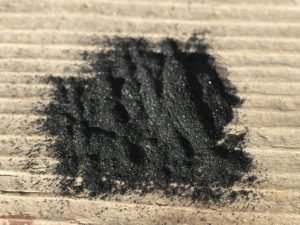





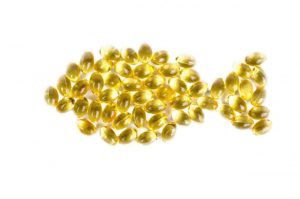
 Water
Water